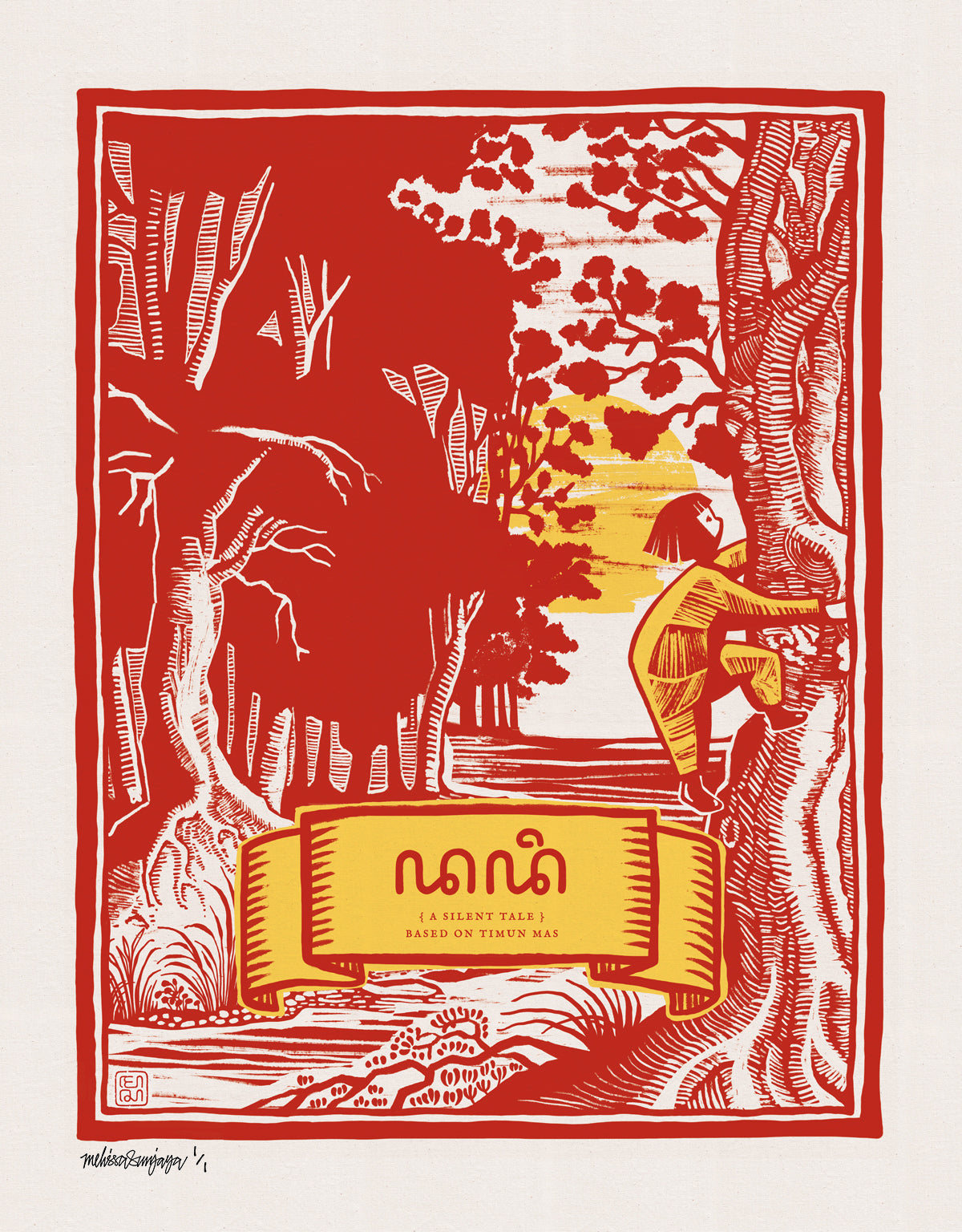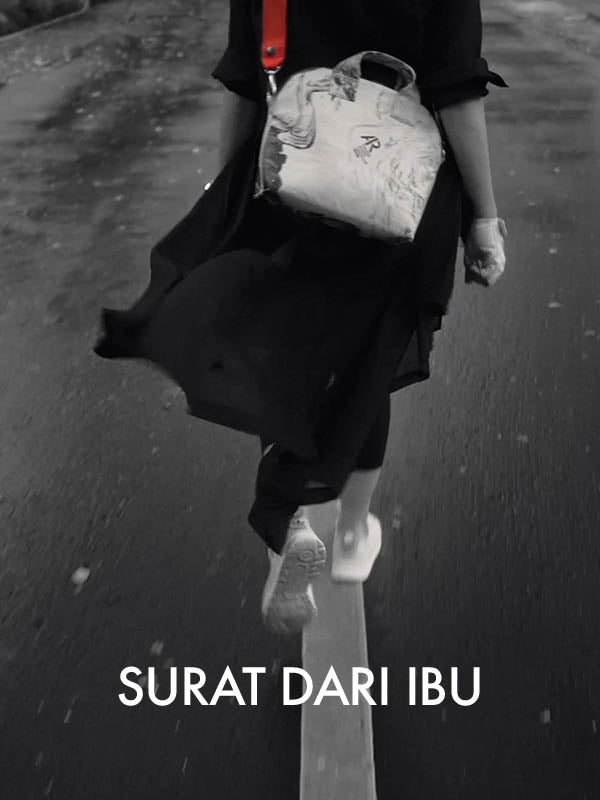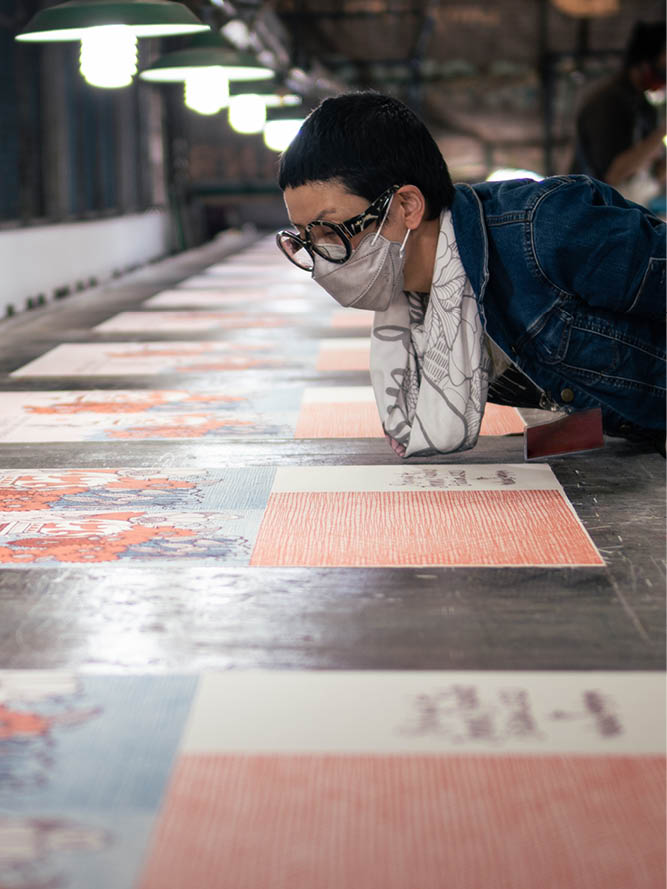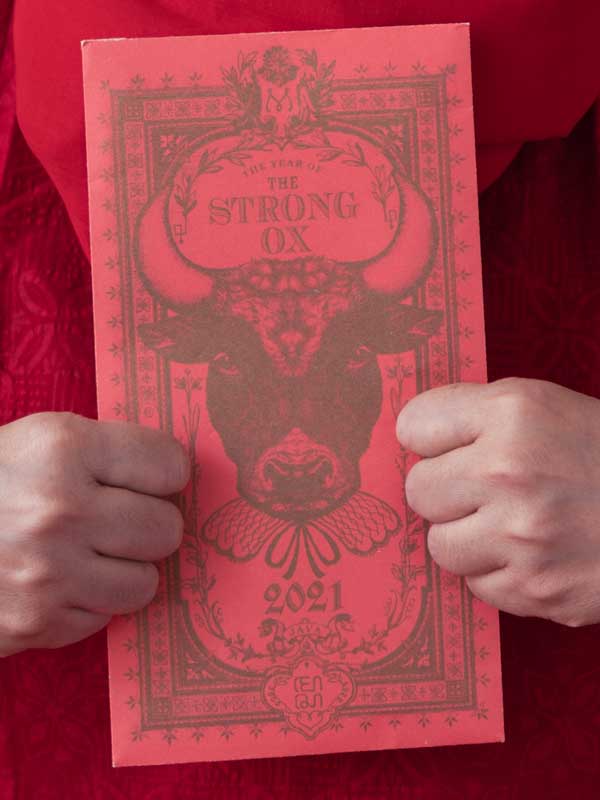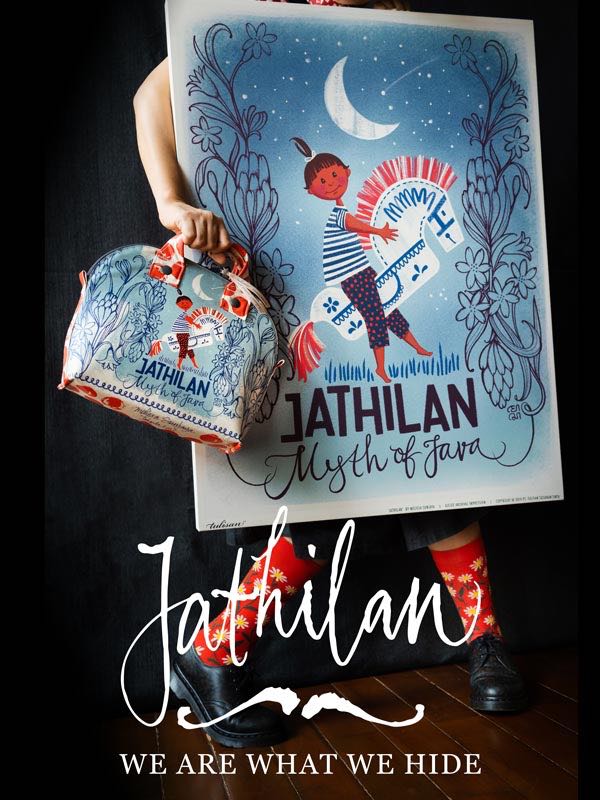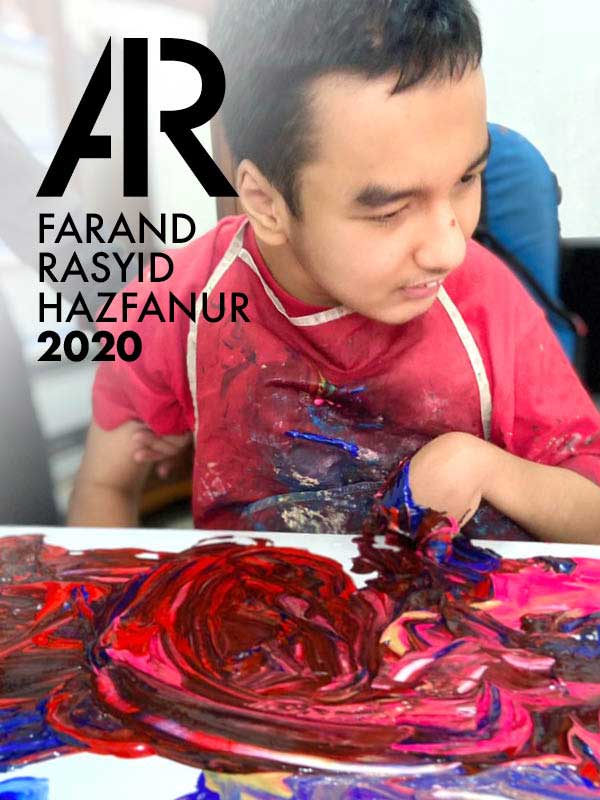Modern life is brimming with comforts and conveniences that decades ago only existed in the realm of science fiction. Times have certainly and irrevocably changed. But strip away the façade we craft with social media, and the busyness that has become so normal, and what would we find?
Such is the journey Peter Matthiessen undertakes in his book The Snow Leopard. Though published in 1978, Matthiessen’s quest to escape the trappings of modernity to better understand himself is a theme that still feels relevant today. Along with field biologist George Schaller and a team of Sherpas and porters, Matthiessen travels for two months in Nepal to study the Himalayan blue sheep and hopefully lay eyes upon the rare snow leopard.
For Schaller the trip is purely an academic pursuit, but for Matthiessen (a student of Zen Buddhism who lost his wife to cancer the year before) the expedition is a spiritual mission. Matthiessen articulates what he observes with such seamless detail that I finished his book feeling like I had seen the snowy mountain peaks and persevering villagers for myself.
As Matthiessen navigates the peaks and valleys of the mountains, so too does he meander through an emotional landscape with highs and lows all its own. Some (including myself) may wonder how the author could leave behind his 8 year old son who so recently lost his mother in order to undertake a treacherous journey–a question that looms every time danger emerges. But it seems that part of Matthiessen’s nature is a sort of restless discontent that compels him to forever seek an inner peace, which remains ever so slightly just out of reach.
Using the trip as both an escape from and a means to understand his life and circumstances, Matthiessen grapples with his yearning to find Zen balance, which is often at odds with his disposition. It’s a topic that is relatable even when Matthiessen is unlikable. The author is at times self-absorbed and moody, but in revealing every nuance of his character, his book becomes that much more honest, real, and in the end, meaningful. When the final word on the final page has been read, the insight gleaned from the pages feels authentic and profound.
How far would you go to find inner peace? How much pleasure would you be willing to sacrifice to find contentment? And in the end, having surrendered so much, if you didn’t find what you were looking for, would the journey have still been worthwhile? The answer is of course deeply personal, and just such a reply is rendered in The Snow Leopard.








